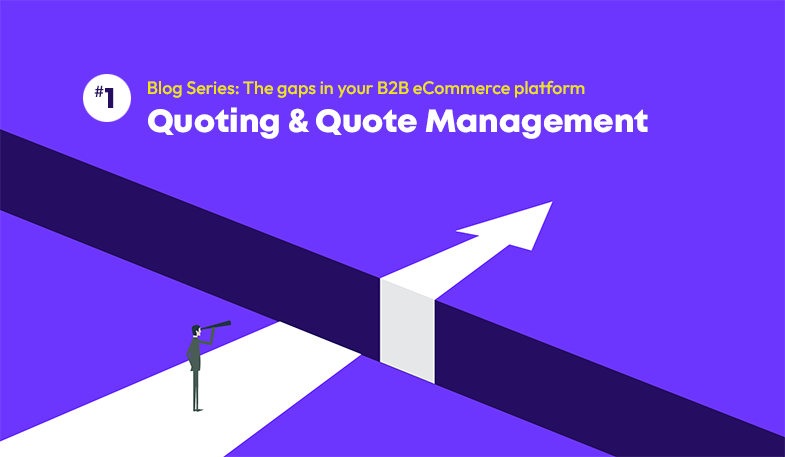How to Tell if You’ve Outgrown Your eCommerce Solution

eCommerce businesses depend on their website, it is critical to success, but if you are relying on a legacy platform you may be vulnerable to falling behind your competition and missing new opportunities. The existing platform may have been acceptable at an earlier point in your business’ existence, but as new opportunities and challenges arise, you are not able to adapt.
If this sounds familiar, it’s time to think about a change.
Maintaining is Difficult
If you are pumping money into a platform just to keep it functioning, you are wasting your resources. Legacy platforms often didn’t account for future business opportunities, the architecture and structure of the system just wasn’t meant to support the business requirements. This means that new features have been bolted on or you rely on multiple third party applications to provide the features you require. This makes ongoing maintenance and security a constant battle.
There are modern platforms that provide a more robust features set and flexible framework, eliminating the need to for plug-ins and decreasing the resources required for constant maintenance.
Leveraging New Technologies is Impossible
As new technologies become available, your competitors and other eCommerce businesses are going to take advantage. The platform you choose should take a proactive approach to implementing these new technologies in order to be effective.
If you wait, you risk falling behind to the competition and will never be ahead of the curve in terms of your web strategy.
Additionally, in this digital age, there is more potential for your eCommerce solution than ever before; and this will only become more true as time goes on.
You want to leverage the constant technology changes as they happen in order to remain competitive in your market and meet your customer’s expectations.
No Room for Growth
If your site started out with a small business in mind, your business may have now grown to have bigger eCommerce requirements.
Small businesses typically have simpler and basic needs than larger business.
In order to remedy this problem, and prevent it from happening again in the future, you should look for a platform that will grow with you.
Hard to Manage
Your back-end users are just as important to your business as your front-end users. If the platform you are using becomes difficult to manage, the hassle involved with using that site will prevent site managers from utilizing it to its fullest potential.
They may not even be aware of the potential if it is difficult to understand how it works.
Site management does not have to be a complicated task if you have the right platform. If you find that the people responsible for managing the site are having a hard time, it may be time to move on to a platform that was designed with system users in mind.
Is it Secure
Legacy eCommerce systems can pose a security risk if they were not built with PCI compliance in mind. It is often difficult or costly to upgrade older technology to leverage newer versions that may have security improvements, so companies delay or ignore these migrations.
Conclusion
The eCommerce solution that once met all of your needs may no longer be doing so.
Outgrowing your eCommerce solution is a critical problem that needs to be addressed. Though there may be quick-fixes and patches that can temporarily allow your platform to function, this is not a sound long-term business strategy.
Growth is an indicator of your business’ success, so you should implement the eCommerce solution that will grow with you in order to facilitate even more success. With the knowledge you now have regarding what it is like to outgrow a platform, you can find one that will be the right fit for your long-term goals.
Resource Center

A new blog series about the critical eCommerce capabilities missing in most eCommerce platforms for B2B companies. #1: Quoting & Sales Support

A closer look from the Ultra perspective on what we really mean when we talk about headless commerce and why it may not be right for every company.

Davis Art is now the only online K-12 publisher dedicated to the arts, creating top-notch curriculum and resources for art educators nationwide, all from the Ultra Commerce platform.
